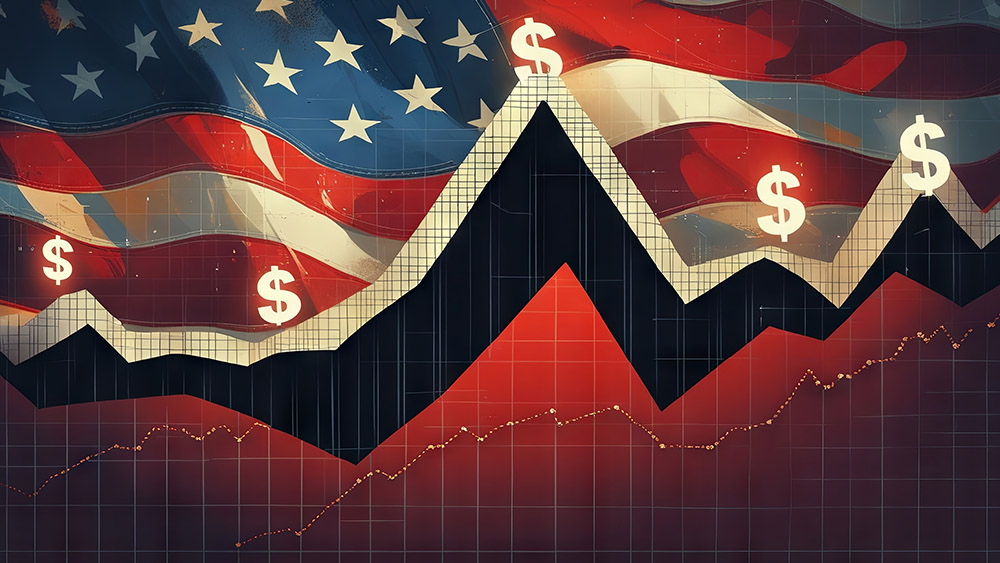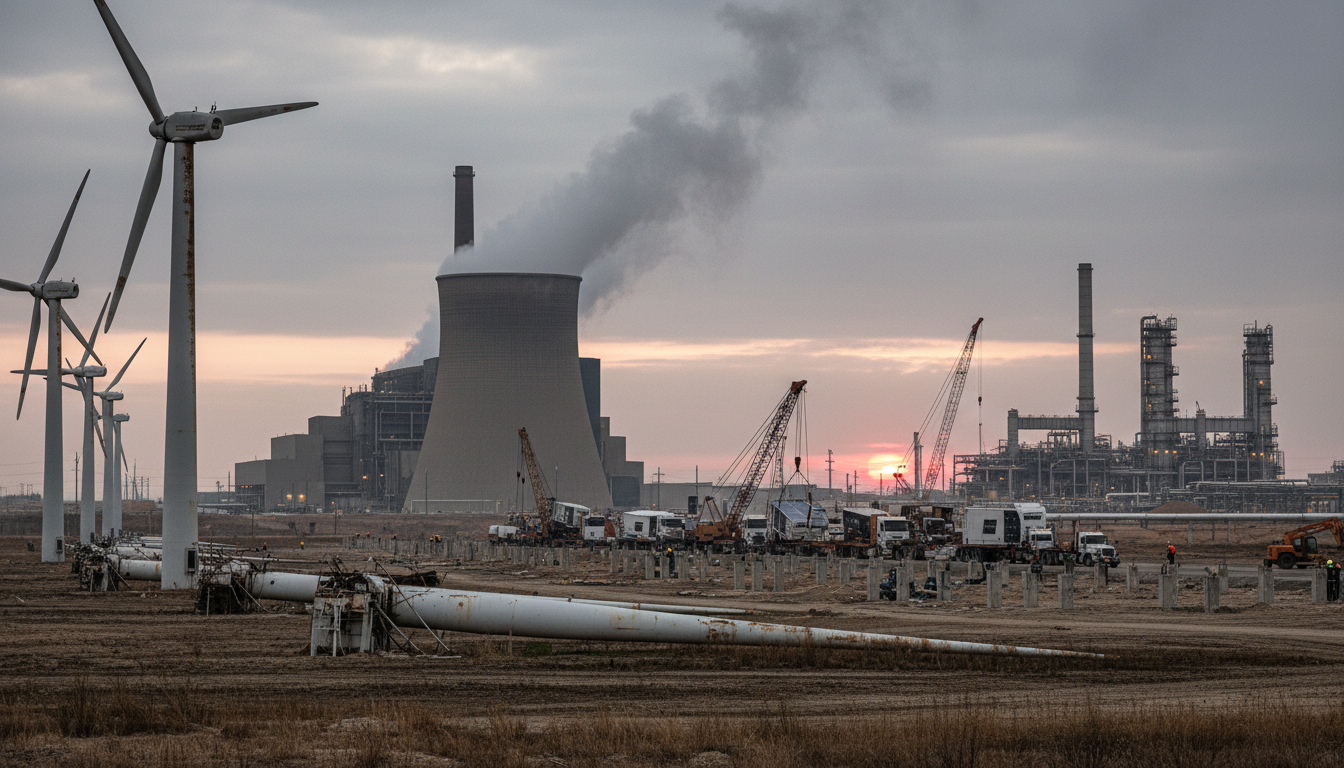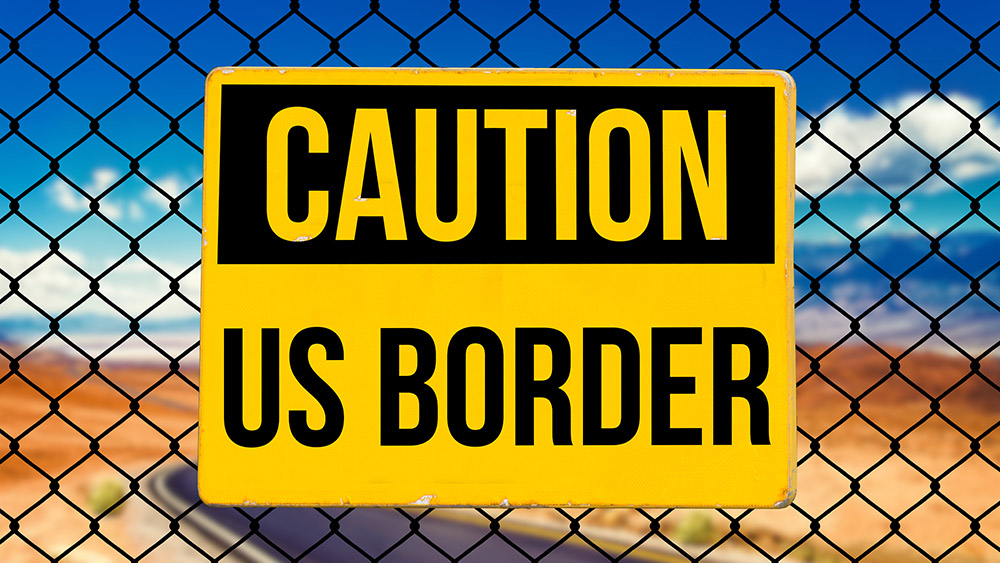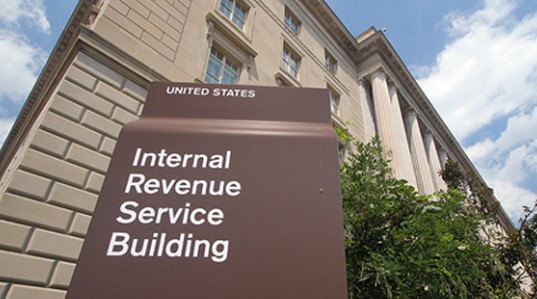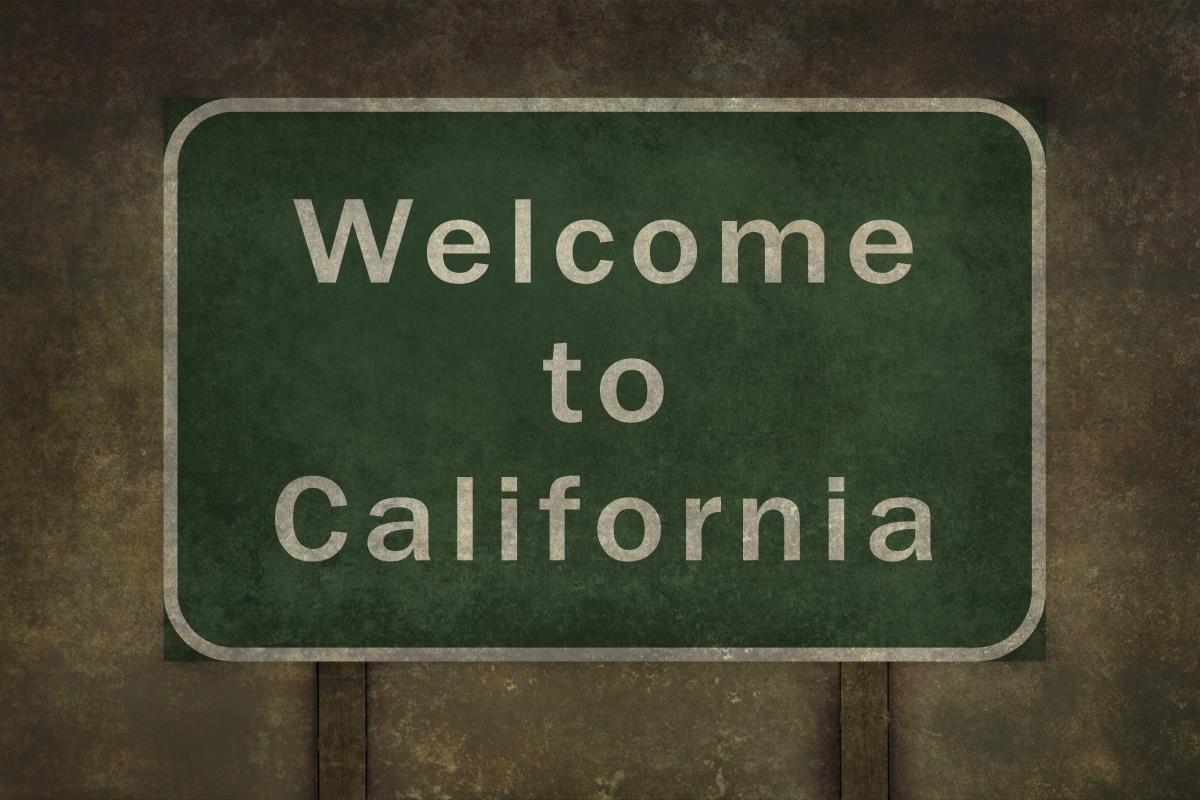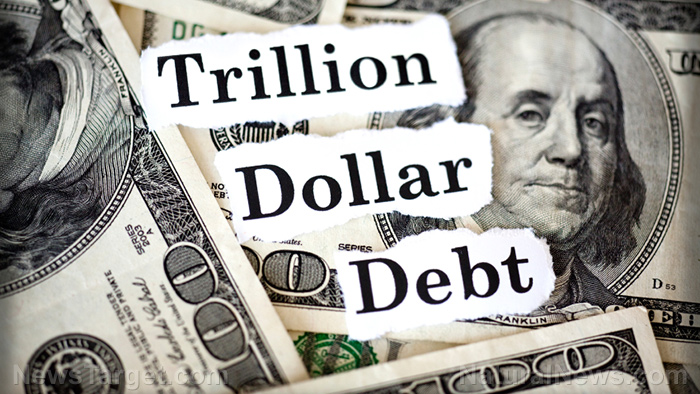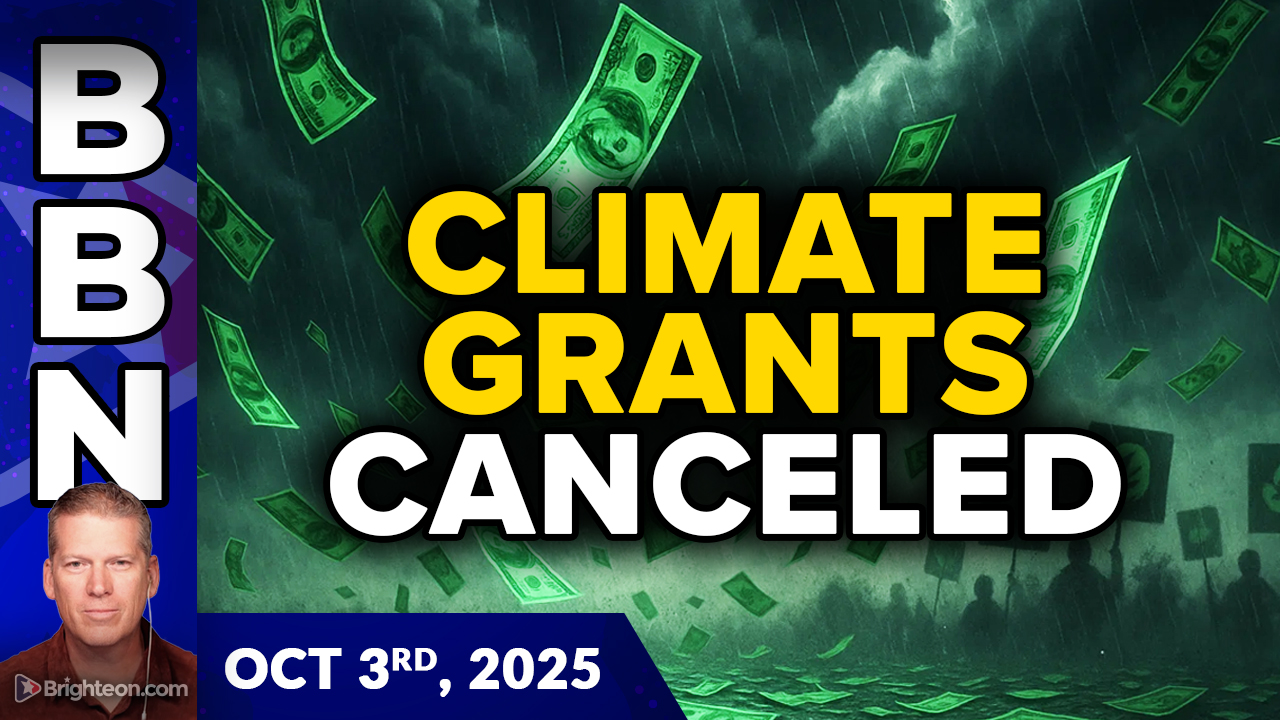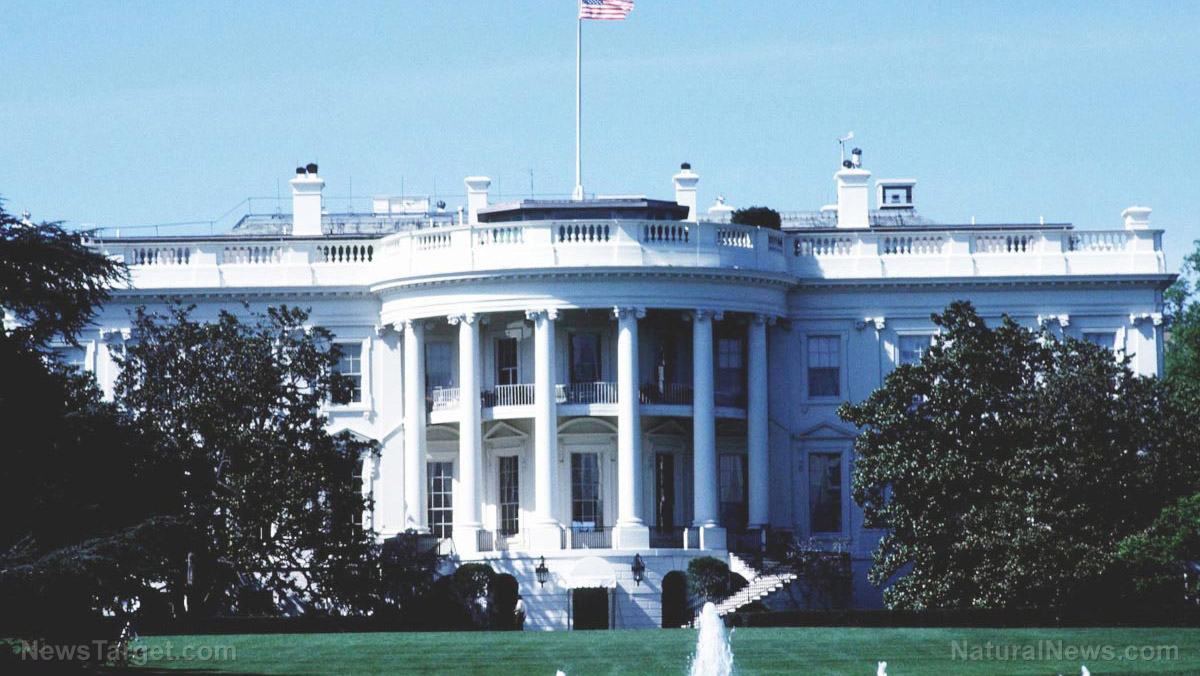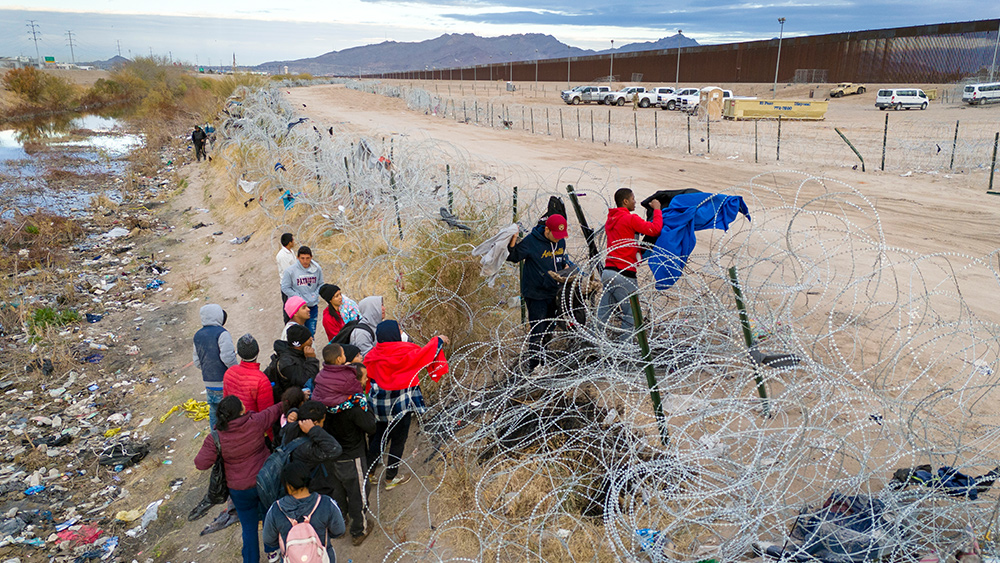Farmers bear the brunt of government shutdown as political gridlock prioritizes immigration over agriculture
10/11/2025 / By Willow Tohi
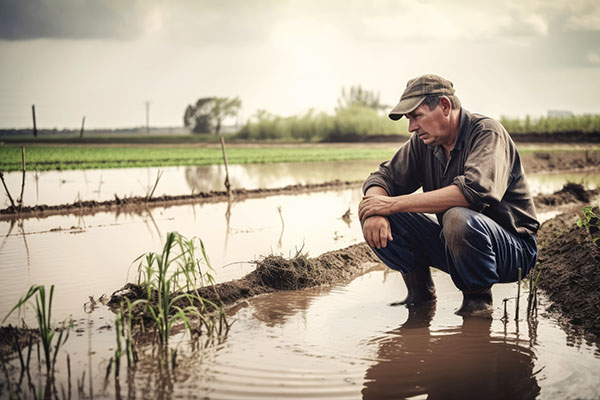
- The Democrat-led government shutdown has suspended critical USDA programs, leaving farmers without disaster relief, conservation support and loan processing.
- Republicans accuse Democrats of prioritizing taxpayer-funded healthcare for illegal immigrants over aiding struggling agricultural producers.
- Payments for drought, wildfire and hurricane recovery programs are frozen, worsening financial strain on rural communities.
- Trade disruptions, labor shortages and rising input costs compound challenges for farmers already facing a dire economic outlook.
- Experts warn prolonged shutdowns could deepen farm bankruptcies and disrupt food supply chains.
As the federal government shutdown enters its second week, American farmers—already grappling with plummeting commodity prices and rising operational costs—face mounting uncertainty. The U.S. Department of Agriculture (USDA) has suspended key programs, freezing disaster relief payments, delaying loans and halting conservation contracts. Meanwhile, Democratic leaders face accusations of prioritizing contentious policies like expanded healthcare for undocumented immigrants over bipartisan solutions to fund agricultural services.
House Speaker Mike Johnson (R-LA) criticized Senate Majority Leader Chuck Schumer (D-NY) for leveraging the shutdown to advance partisan agendas unrelated to the budget impasse. “They’re two totally separate issues,” Johnson emphasized, referencing Democratic proposals that include $1.5 trillion in new spending and benefits for illegal immigrants.
Farm programs grind to a halt
The USDA’s contingency plan furloughed 42,256 employees, stalling programs vital to rural economies:
- Disaster relief: Payments for droughts, wildfires and hurricanes under the Supplemental Disaster Assistance and Emergency Livestock Relief programs are frozen.
- Risk management: Federal crop insurance processing and farm loan approvals are delayed, leaving producers without financial safeguards.
- Conservation efforts: Technical assistance for soil and water conservation projects has ceased, disrupting long-term sustainability plans.
Rep. Ronny Jackson (R-TX) condemned the shutdown’s impact, stating Democrats are “actively sabotaging America’s farmers” while diverting resources to “anti-American priorities.”
A perfect storm for agriculture
The shutdown exacerbates existing crises in the farming sector:
- Trade woes: Retaliatory Chinese tariffs have slashed soybean exports, with no orders placed for the upcoming harvest season.
- Labor shortages: Stricter immigration enforcement has reduced seasonal farmworkers, delaying planting and harvests.
- Input costs: Fertilizer and fuel prices remain high, squeezing profit margins amid falling crop prices.
John Boyd of the National Black Farmers Association called the situation “the worst farm crisis of my life,” noting small-scale operators lack alternatives to federal aid.
Shutdowns and food security
Past government shutdowns have disproportionately hurt agriculture, exposing vulnerabilities in the food supply chain. The 2013 lapse delayed farm loans and conservation payments for 16 days, straining rural economies. The 2018–2019 shutdown left farmers without crucial Market Facilitation Program funds during the U.S.-China trade war, exacerbating financial instability. Today’s standoff risks similar disruptions, with longer-term consequences for food supply chains and rural economies.
The economic impacts of government lockdowns will persist, and federal bailouts cannot fully mitigate the damage. Future shutdowns could trigger severe supply chain breakdowns, as seen when meat processing plants and agricultural facilities were forced to close. Meanwhile, advancements in farming technology—such as precision agriculture—help farmers boost yields, optimize water use and minimize pesticide waste. However, food security remains a critical concern, especially with the looming threat of renewed lockdowns. Without stable policy and uninterrupted funding, farmers face mounting challenges in maintaining production, threatening both domestic food availability and global export markets.
The path forward
With negotiations stalled, farmers brace for extended uncertainty. Republicans urge Democrats to pass a “clean” funding bill to restore USDA operations, while the White House defends its push for broader policy reforms. Agricultural economists warn that prolonged delays could accelerate farm closures—already at a decade high—and destabilize rural communities.
As political battles rage in Washington, America’s farmers remain caught in the crossfire, their livelihoods held hostage by a shutdown with no end in sight.
A call to prioritize the heartland
The shutdown’s toll on agriculture underscores a stark divide: while policymakers debate healthcare and immigration, the backbone of the nation’s food supply faces collapse. Without swift action, the repercussions—from soaring food prices to irreversible farm losses—will ripple far beyond rural America. For farmers, the message is clear: Political gridlock is a luxury they can no longer afford.
Sources for this article include:
Submit a correction >>
Tagged Under:
big government, chaos, Collapse, debt bomb, disaster relief, farm subsidies, farmers, farming, federal aid, food supply, foodcollapse, government debt, harvest, supply chain, USDA
This article may contain statements that reflect the opinion of the author
Get independent news alerts on natural cures, food lab tests, cannabis medicine, science, robotics, drones, privacy and more from NewsTarget.com
Get independent news alerts on natural cures, food lab tests, cannabis medicine, science, robotics, drones, privacy and more from NewsTarget.com
RECENT NEWS & ARTICLES
COPYRIGHT © 2017 DEBT COLLAPSE NEWS

